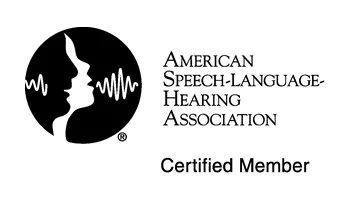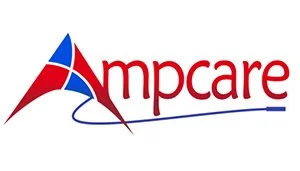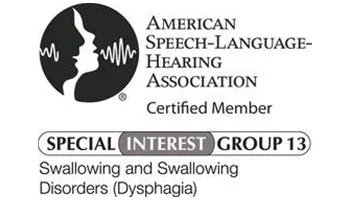
Southwest Dysphagia Solutions
Your trusted resource for diagnosing and treating adult swallowing disorders. Located in St. George, Utah, we offer evidence-based care centered on your unique needs.
Expert Dysphagia Care
Personalized evaluations and treatment for adults with swallowing difficulties, led by Jodi Winn, CCC-SLP (speech-language pathologist) with over 30 years of medical experience including advanced training in FEES (Flexible Endoscopic Evaluation of the Swallow), for accurate diagnosis and treatment.
Understanding Swallowing & Dysphagia
Swallowing is a complex, natural process that most people take for granted, involving the coordinated effort of muscles and nerves to move food or liquid from the mouth to the stomach. This process occurs in three phases:
The oral phase (chewing and moving food to the throat)
The pharyngeal phase (closing off the airway and propelling food downward)
The esophageal phase (transporting food to the stomach). For many, this happens seamlessly in just 1-2 seconds. However, when this process is disrupted, it can lead to swallowing disorders, collectively known as dysphagia.
What Is Dysphagia?
Dysphagia is the medical term for difficulty swallowing, affecting people of all ages but becoming more common with aging, neurological conditions, or diagnoses like head and neck cancer. It can manifest as choking, coughing during meals, a sensation of food sticking in the throat, or unintended weight loss. Causes vary widely, including:
Neurological Conditions: Stroke, Parkinson’s disease, or ALS can impair nerve-muscle coordination.
Head and Neck Cancer: Tumors, surgical resections, or treatments like radiation can damage swallowing structures.
Aging: Natural muscle weakening and reduced sensitivity can lead to swallowing challenges.
How a Speech-Language Pathologist Can Help
A speech-language pathologist (SLP), like those at Southwest Dysphagia Solutions, specializes in diagnosing and treating dysphagia. Using advanced tools like Flexible Endoscopic Evaluation of Swallowing (FEES), SLPs assess swallowing function to identify issues such as residue or aspiration risk.
Treatment may include:
-
Therapy Exercises
Techniques like tongue presses and other resistance exercises to strengthen swallowing muscles.

-
Compensatory Strategies
Postural adjustments or dietary modifications (e.g.,thickened liquids).

-
Education
Guidance for patients and caregivers to ensure safe swallowing practices.

Dysphagia affects 15-20% of older adults, and up to 50-75% of stroke survivors, and 50-80% of individuals with Parkinson’s disease, making it a significant health concern that can lead to malnutrition, dehydration, or aspiration pneumonia if untreated.
With personalized care, an SLP can improve swallowing safety, enhance nutrition, and increase quality of life, especially for those facing complex conditions. At Southwest Dysphagia Solutions in St. George, Utah, we are dedicated to helping you improve your swallow with evidence-based solutions tailored to your needs
Wondering if you might have dysphagia?
Look out for signs such as
Difficulty swallowing
Choking or coughing during meals
A sensation of food sticking in your throat
Unintentional weight loss
Frequent heartburn
These symptoms can arise from various causes, including, neurological conditions, or head and neck cancer, and may worsen over time if left unaddressed.
If you experience any of these issues, the first step is to contact your primary care physician for an initial evaluation and referral.
To help assess your swallowing concerns, you can complete the EAT-10 questionnaire. A simple tool to determine if your swallow warrants further attention. A total score of 3 or greater indicates a person may have problems swallowing efficiently and safely.
Our Location
Southwest Dysphagia Solutions, PC
321 North Mall Drive Building R
St. George UT, 84790
Email
Jodi@dysphagia-solutions.com
Phone
(435) 357-3632
Fax
(435) 357-3632





